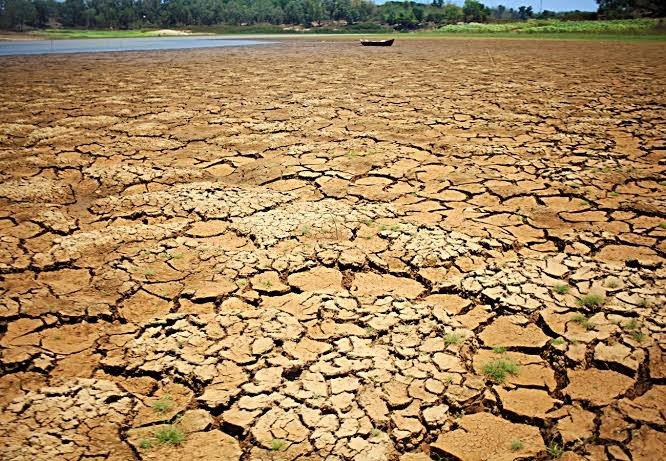No water for crops, Srikakulam farmers flocking to cities
By Newsmeter Network
Srikakulam: The migration of farmers from Srikakulam district of Andhra Pradesh to other cities in search of livelihood has become alarming. The main reason for this movement is not jobs but water scarcity, according to various studies on livelihood in the area.
While the educated youth are doing petty jobs, illiterate landless farmers are forced to work as labourers in cities like Vizag, Hyderabad, Chennai and Bengaluru.
Though 10 rivers and rivulets, including Vamsadhara and Nagavali, flow through Srikakulam district, water shortage looms in seven of 38 mandals.
Distress migration is not a new phenomenon here. However, the forcible migration of agricultural labourers and small farmers has been rising over the past few years. Earlier, the Uttarandhra Hakkula Sadhana Samiti had raised this issue, but in vain.
Small farmers of several villages in mandals from Ranasthalam to Polaki are moving out due to lack of investment and water resources.
Society for Welfare Education and Environmental Protection (SWEEP) director K Ramana Murthy said that forcible migration was seen mostly in coastal mandals of the district.
He said, “The farmers of Maruvada and Dibbala Maruvada villages of Santhabommali Mandal, Koyyam of Etcherla Mandal and Perlavanipeta of Gara Mandal migrated to other places as water was not available for their farmland. Only old people and landlords have remained in these villages. Few villages have become empty without a single family.”
Of the 14 interior mandals, six remain dry. There is a severe water shortage in the villages of Ponduru, Laveru, Rajam Ranasthalam, Etcherla and G Sigadam mandals. Farmers here depend on canal water which is not sufficient for their fields. In the hope of better harvest, the farmers take loans every year only to get bankrupt most of the time.
Unable to bear the pressure from moneylenders, farmers either commit suicide or migrate out of from their native villages. Some farmers had started casuarina cultivation on a 10-acre plot in Koyyam village as it needs only one-time cropping in three years. When they didn’t get good returns, they left without harvesting it and migrated to other places.
Dr V Lakshmana Rao, an assistant professor from the Department of Meteorology and Oceanography at Andhra University, said the farmers must choose crops based on water availability in the area as many villages in Srikakulam district come under the arid zone. Wherever the coastline is more, the availability of freshwater is less for farming.
According to his study, the damage to agriculture is mainly due to the evaporation of water and less rainfall in coastal stretches of the district. The evaporation is much higher in interior areas. Due to excessive evaporation of water, the soil becomes dry and unsuitable for crop growth, he said. "Farmers should take the advice of field level officers to test the soil and select the crop."
Apart from the migration of farmers, many fishermen from Srikakulam are shifting to coastal states like Gujarat and Maharashtra due to declining fish catches.